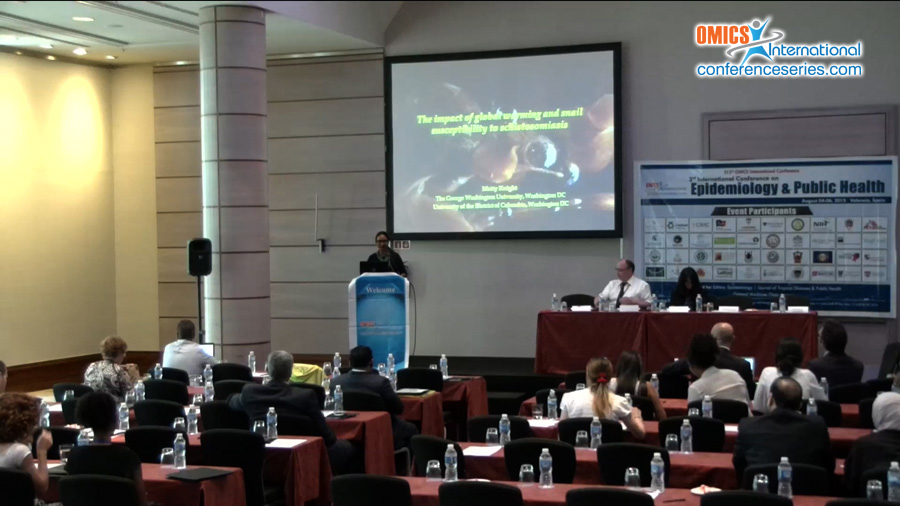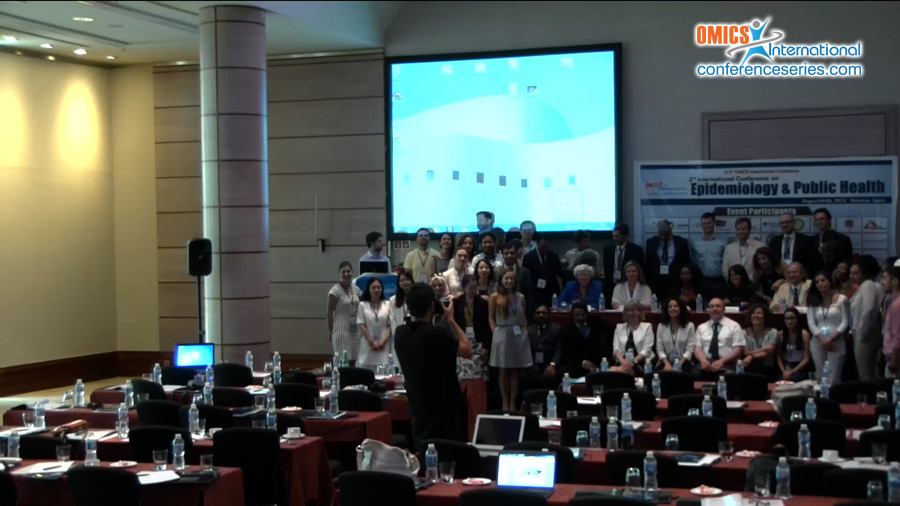
Mathilde Knight
The George Washington University, USA.
Title: The impact of global warming and snail susceptibility to schistosomiasis
Biography
Biography: Mathilde Knight
Abstract
Schistosomiasis a major Neglected Tropical Disease (NTDs) that remains difficult to control. Its recent reemergence in Corsica, France confirms its spread from Africa to higher latitudes. Freshwater snails are obligate hosts for development of asexual stages of the trematode that causes schistosomiasis in the tropics and subtropics. Lately, it has been reported that a Mass Drug (praziquantel) Administration (MDA) approach alone to control schistosomiasis has had little impact in curtailing transmission in endemic countries. Without a vaccine to prevent schistosomiasis and this realization that drugs alone will not deliver the global eradication of schistosomiasis, there is impetus for alternative methods to control schistosomiasis, focusing on blocking transmission in the snail. Towards this end, we adopted a molecular approach to identify mechanism(s) that underlie the snail/schistosome interaction. By using resistant and susceptible Biomphalaria glabrata snails infected with Schistosoma mansoni, differences in early gene expression in genetically resistant (BS90) and susceptible (NMRI) snails were investigated. Several genes were differentially expressed between the snail phenotypes. Among others, the stress genes encoding Hsp70 and Hsp 90 were significantly expressed in NMRI (susceptible) compared to the BS90 resistant snails. Intriguingly, snails that was resistant at room temperature when subjected to heat shock at 32oC for 3hours were rendered susceptible. Moreover, the Hsp90 inhibitor geldenamycin rendered susceptible NMRI snails as resistant as BS90. The implications of these data within the context of global warming and the snail vector approach to reduce schistosomiasis will be discussed.
Speaker Presentations
Speaker PDFs
Speaker PPTs Click Here


